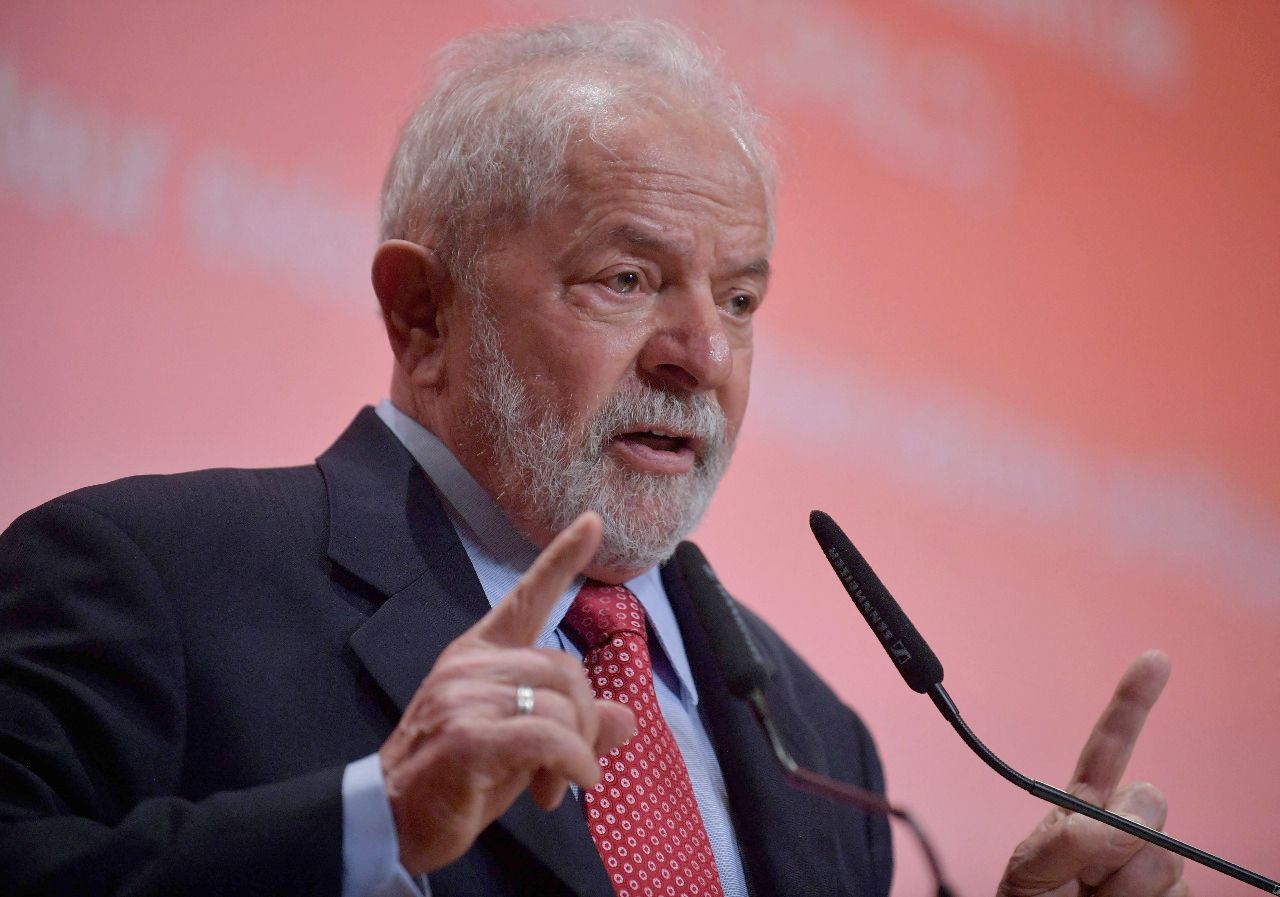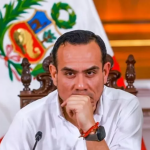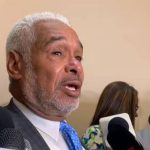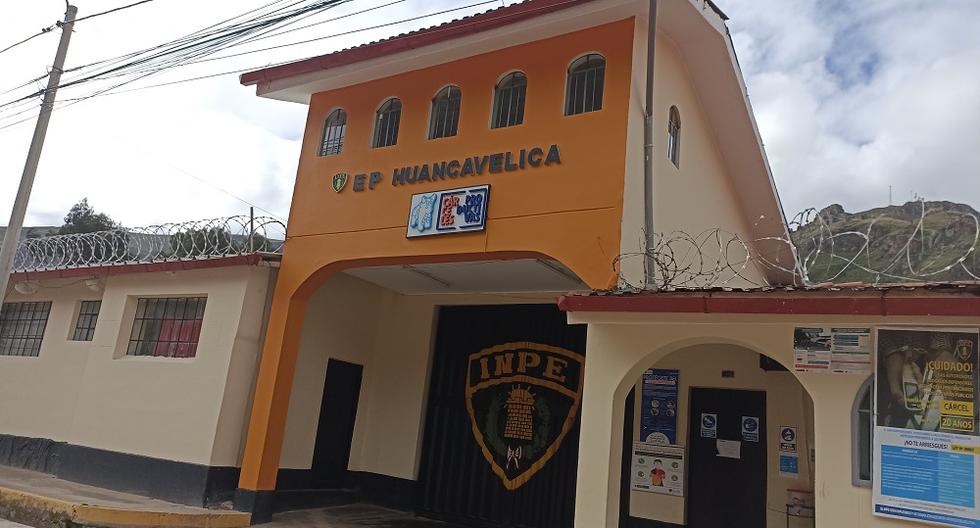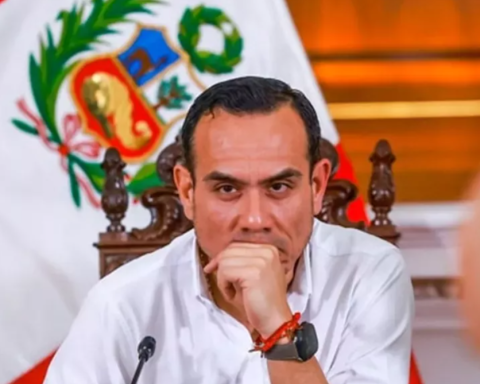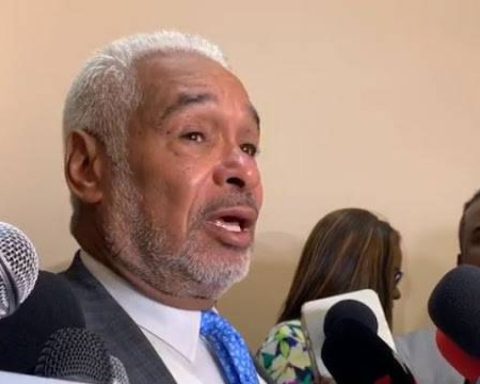Former Brazilian President Luiz Inácio Lula da Silva, the great favorite in the polls, voted this Sunday in Sao Bernardo do Campo, a city in the metropolitan region of Sao Paulo where he began his political career, and stated that the country needs to “recover the right to be happy”.
“The country needs to recover the right to be happy. We want a country that lives in peace, with hope and that believes in the future,” Lula told reporters after voting at a public school in that town, where he arrived thirteen minutes after the polling stations opened in the country.
Lula said that they are the “most important” elections for him, who governed for two terms, between 2003 and 2010, after having lost the elections in 1989, 1994 and 1998.
“In 2018 I could not vote because I was in prison, the victim of a lie, and four years later I am voting with recognition of my total freedom and the possibility of becoming president of this country again and returning to normality,” added Lula, who he remained in jail for 580 days for two corruption convictions, later annulled by the Supreme Court.
In his statement to journalists, Lula criticized the management during the pandemic of the current president, Jair Bolsonaro, who is seeking re-election.
Lula voted accompanied by his wife, Rosângela da Silva, known as “Janja”, and some members of the progressive Workers’ Party (PT).
According to the latest polls, released on Saturday, Lula has a clear advantage of fourteen percentage points over Bolsonaro, and would receive between 50% and 51% of the valid votes projected by the two most reputable demographic companies in the country.
In the event that none of the candidates reaches more than half of the valid votes, the two most voted will have to face each other in a second round scheduled for October 30.
This year’s elections, the most polarized since Brazil regained democracy in 1985, have been characterized by a climate of tension between Lula and Bolsonaro, a dispute that spread to his followers, with some cases of attacks and deaths motivated by arguments. policies.
EFE
